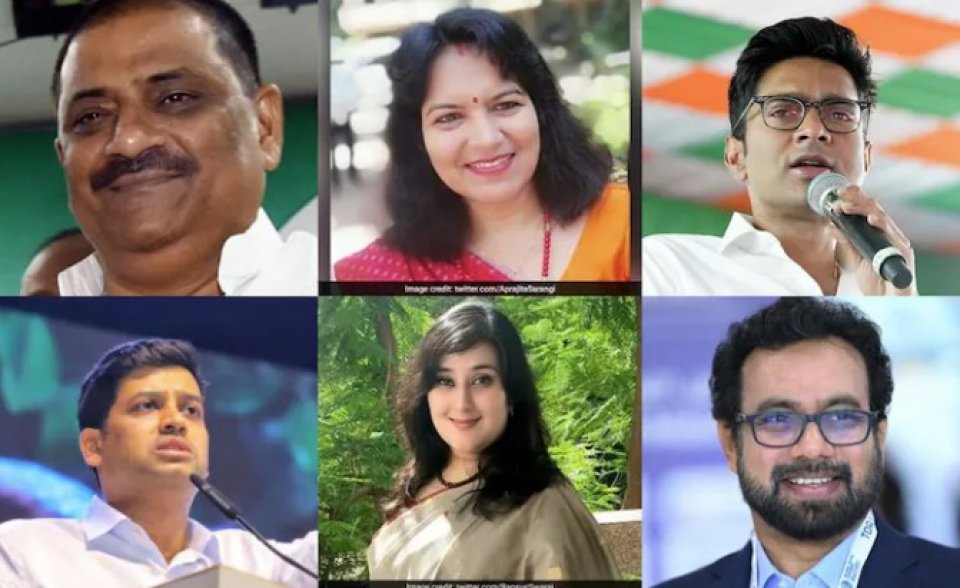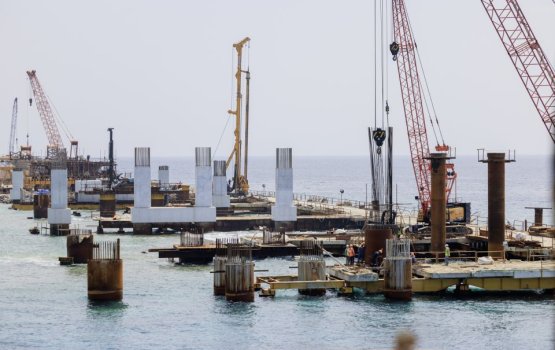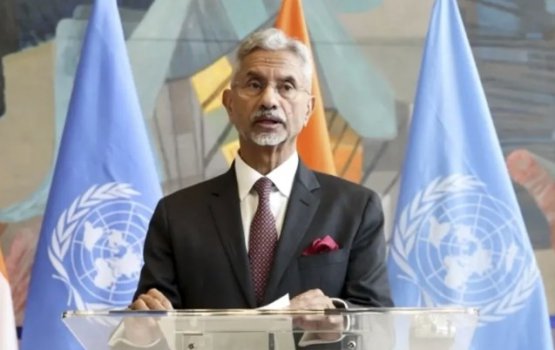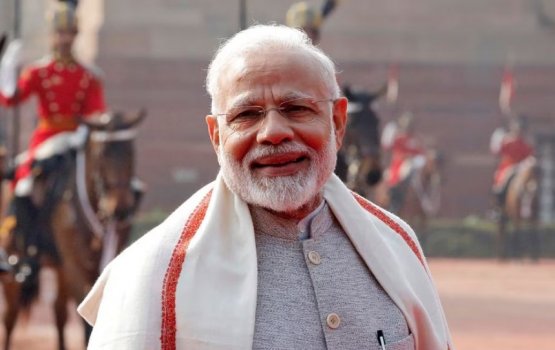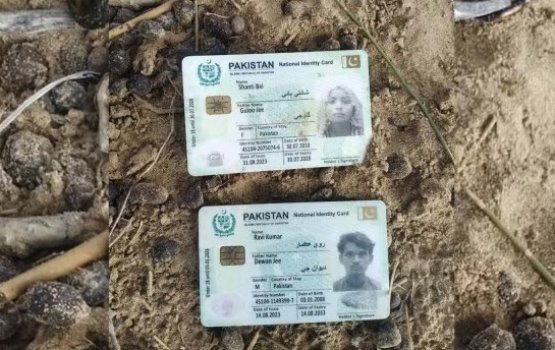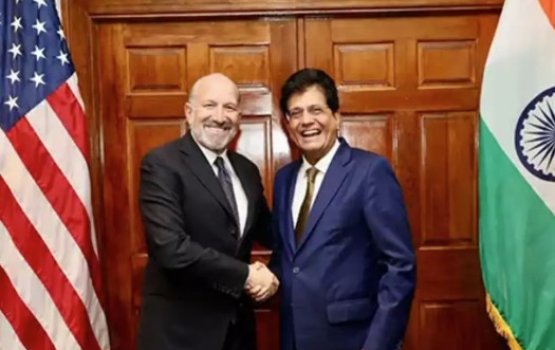India’s international diplomatic mission under Operation Sindoor began in earnest today, with the first parliamentary delegations departing to brief foreign governments on India’s recent counter-terror operations and expose Pakistan’s alleged role in supporting terrorism. The initiative, which will see Indian delegations visit 33 countries and the European Union headquarters, aims to present India’s perspective on the Pahalgam terror attack and counter Pakistan’s narrative in global forums.
The first team, led by Janata Dal (United) MP Sanjay Jha, departed this morning on a tour covering Indonesia, Malaysia, the Republic of Korea, Japan, and Singapore. The delegation includes MPs from across party lines: BJP's Aparajita Sarangi, Brij Lal, Hemang Joshi, and Pradan Baruah; Trinamool Congress's Abhishek Banerjee; CPM's John Brittas; Congress veteran and former External Affairs Minister Salman Khurshid; and former diplomat Mohan Kumar. Shortly after, another group led by Shiv Sena MP Shrikant Shinde departed for the UAE, the Democratic Republic of Congo, Sierra Leone, and Liberia. This delegation includes BJP MPs Bansuri Swaraj, Atul Garg, and Manan Kumar Mishra; former MP SS Ahluwalia; IUML MP ET Mohammed Basheer; BJD MP Sasmit Patra; and former ambassador Sujan Chinoy.
Speaking to NDTV before departure, CPM MP John Brittas confirmed that the group would first visit Japan before heading to South Korea, returning to India by June 3. Sanjay Jha, who is leading the other delegation, stated that terrorism has long been Pakistan’s state policy and that the time has come for India to expose this globally. He said the outreach would also highlight Pakistan’s misuse of the Indus Water Treaty and its repeated provocations under the cover of nuclear deterrence. Jha added that any act of terrorism, anywhere in the world, could be traced back to Pakistan, citing the presence of Osama Bin Laden in the country as a symbol of its deep-rooted ties with extremist groups.
BJP MP Aparajita Sarangi emphasized that the outreach represents a unified Indian stance against terrorism. She noted that the delegations will clearly convey India’s zero-tolerance approach and clarify that there is no distinction between terrorists and the states that support them. Sarangi stressed that the effort is aimed at countering Pakistan’s misinformation at international forums such as the UN Security Council, and presenting the facts about Operation Sindoor and the Indian government’s firm stance under Prime Minister Narendra Modi.
BJP MP Brij Lal said that the delegations have been entrusted with the responsibility of laying out Pakistan’s decades-long history of sponsoring terrorism. He said they would present a comprehensive record of incidents, from the attack on the Indian Parliament to the 26/11 Mumbai attacks. He also mentioned that past Indian responses, including surgical strikes and the Balakot airstrike, had not deterred Pakistan. Now, facing internal crises like inflation and unrest in Balochistan, Pakistan orchestrated the Pahalgam attack to divert attention, he claimed.
Other delegations, led by senior parliamentarians including Congress’s Shashi Tharoor, DMK’s K Kanimozhi, NCP (SP)’s Supriya Sule, and BJP leaders Baijayant Panda and Ravi Shankar Prasad, are expected to depart over the coming days. These delegations will engage with world leaders, MPs, opposition politicians, journalists, academics, and members of the Indian diaspora to build support for India’s stance on terrorism and regional stability.
The outreach comes in the wake of India’s airstrikes under Operation Sindoor, launched in response to the killing of 26 civilians in Pahalgam. India targeted terror bases in Pakistan and Pakistan-Occupied Kashmir. In retaliation, Pakistan launched drone and missile attacks aimed at civilian and military sites, which were intercepted by India’s air defence systems. India responded with strikes on Pakistani military installations before a ceasefire was brokered. This extensive diplomatic campaign marks one of India’s most significant international efforts to shift global perception, counter terrorism, and hold Pakistan accountable. (Source: NDTV)

